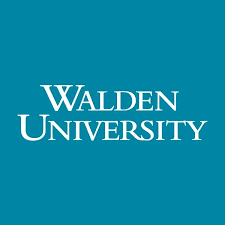
Digital Object Identifier
10.18870/hlrc.v3i1.90
Abstract
This article explores the tensions between internal and external quality assurance processes, making a case for the preeminence of internal actions to ensure the capacity of institutions to respond quickly and effectively to the rapidly evolving global conditions affecting all of higher education. As the forms and means of formal and informal learning evolve more rapidly than quality assurance and accrediting bodies can adapt, institutions themselves will have to take the steps necessary to ensure that students are actually learning at levels represented by a new array of credentials and to offer credible evidence to employers and others that the credentials are indeed accurate reflections of competence. There is a place for quality assurance bodies, but these agencies will find it in their best interest to operate in the areas where they can offer the greatest societal value by articulating the standards that define integrity and quality. Both institutions and quality assurance bodies alike must join forces to recognize that expectations for what actually constitutes quality, competence, and integrity transcend national borders, cultural differences, the ages, occupations or locations of learners, and outmoded notions of prestige. It is a new era where bold ideas and strong ideals can reshape our understanding of what it means to learn throughout life at demonstrable levels of quality and competence.DOI: 10.18870/hlrc.v3i1.90
Recommended Citation
Plater, W.
(2013).
Toward a transnational framework: Aligning internal and external quality assurance processes.
Higher Learning Research Communications, 3 (1).
DOI:10.18870/hlrc.v3i1.90






